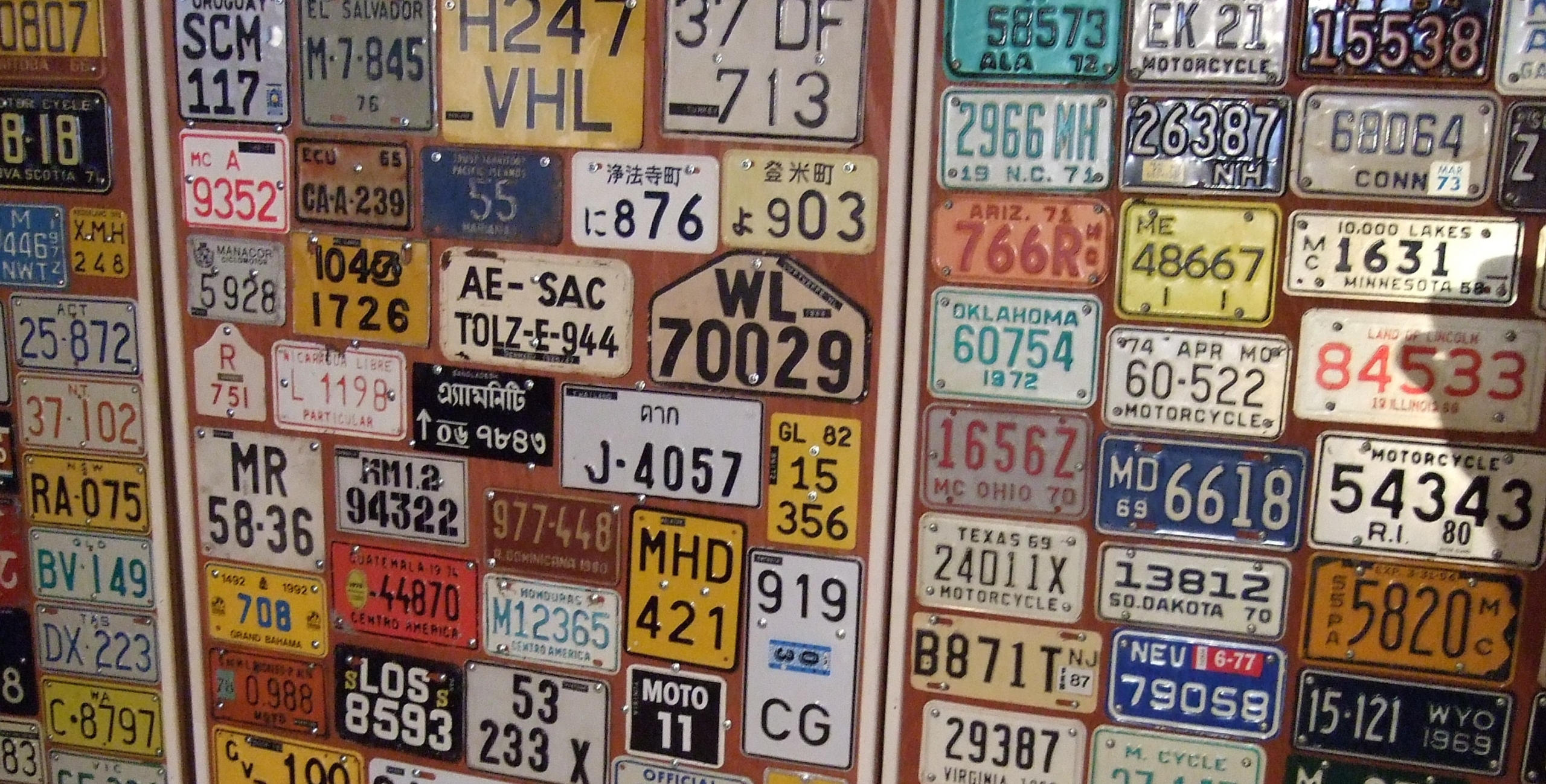Choosing a licence for your data
02/09/2016

When you deposit data on a repository, you will need to assign the right licence to it. This determines what others can and can’t do with your data, so it’s important that it is appropriate for what you’re releasing and is in line with any licence requirements of your funder and/or publisher. However, licences can often seem an unfriendly sea of acronyms: CC-BY, GPL, CC-NC-ND… WTH! How are you meant to pick the best acronym?
The most common data and software licences
In a nutshell, the ideal dataset licence is CC-BY. This is the default licence on CORD and is Cranfield University’s recommendation, in line with general open access advice. The ‘CC’ means it is a Creative Commons licence, and the ‘BY’ means that reuse requires attribution – ie anyone can use, modify, and build on your data, for any purpose including commercial, but they must give you credit. CC licences are very flexible, as you can add any combination of BY, NC (non-commercial use only), and ND (no derivative works allowed); however, unless unavoidable, NC and ND should not be used for research data as they reduce its value. You can download the full licences from the Creative Commons licences webpage.
If you created software rather than data in your research project, you should similarly share it with a specified licence. It is best practice again to use an open licence, and an easy way to do this is to choose a licence approved by the OSI (Open Source Initiative). Using a popular licence is ideal, such as the GNU General Public Licence (GPL), as it is well-known and documented, and the GPL licence is an existing option in CORD.
Additional options and information
However, just as oranges are not the only fruit, CC and GPL are not the only licences. If you have any special requirements (generally due to contracts with research partners), the Research Data Manager and Contracts will discuss options further with you. We can add licence choices on CORD (such as a non-commercial CC licence, or the Lesser GPL software licence), or if necessary we can write a bespoke licence to specify our exact terms, to ensure that our outputs are used legally and responsibly according to all partners’ needs.
Some people do worry that others could still copy their data and claim the work as their own: requesting attribution does not guarantee it. Unfortunately, this is a risk, in the same way that others can plagiarise publications. All we can do is follow correct and sound procedures, by publishing with a clearly displayed licence and using an auditable system such as CORD for data sharing, to ensure a reliably recorded original date of publication and author.
Finally, don’t forget that a licence can only be applied by the rights holder, so if you are collaborating on a research project, all parties must agree to the choice of licence. To learn more about licences, take a look at Jisc’s Licensing Open Data – A Practical Guide (pdf) or get in touch at researchdata@cranfield.ac.uk.
Public domain image from unsplash.com
Categories & Tags:
Leave a comment on this post:
You might also like…
Introducing… Bloomberg Trade Flows
Are you interested in world trade flows? Would it be useful to know which nations are your country's major trading partners? If so, the Bloomberg terminal has a rather nifty function where you can view ...
Cranfield alumni voyage to the International Space Station
Seeing our alumni reach the International Space Station (ISS) has a ripple effect that extends far beyond the space sector. For school students questioning whether science is “for them”, for undergraduates weighing their next ...
From classroom to cockpit: What’s next after Cranfield
The Air Transport Management MSc isn’t just about learning theory — it’s about preparing for a career in the aviation industry. Adit shares his dream job, insights from classmates, and advice for prospective students. ...
Setting up a shared group folder in a reference manager
Many of our students are now busy working on their group projects. One easy way to share references amongst a group is to set up group folders in a reference manager like Mendeley or Zotero. ...
Company codes – CUSIP, SEDOL, ISIN…. What do they mean and how can you use them in our Library resources?
As you use our many finance resources, you will probably notice unique company identifiers which may be codes or symbols. It is worth spending some time getting to know what these are and which resources ...
Supporting careers in defence through specialist education
As a materials engineer by background, I have always been drawn to fields where technical expertise directly shapes real‑world outcomes. Few sectors exemplify this better than defence. Engineering careers in defence sit at the ...






